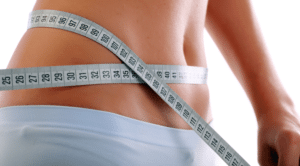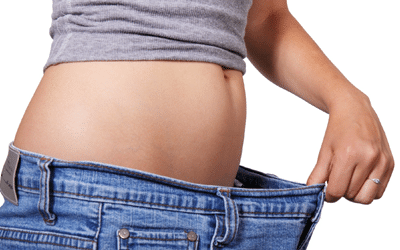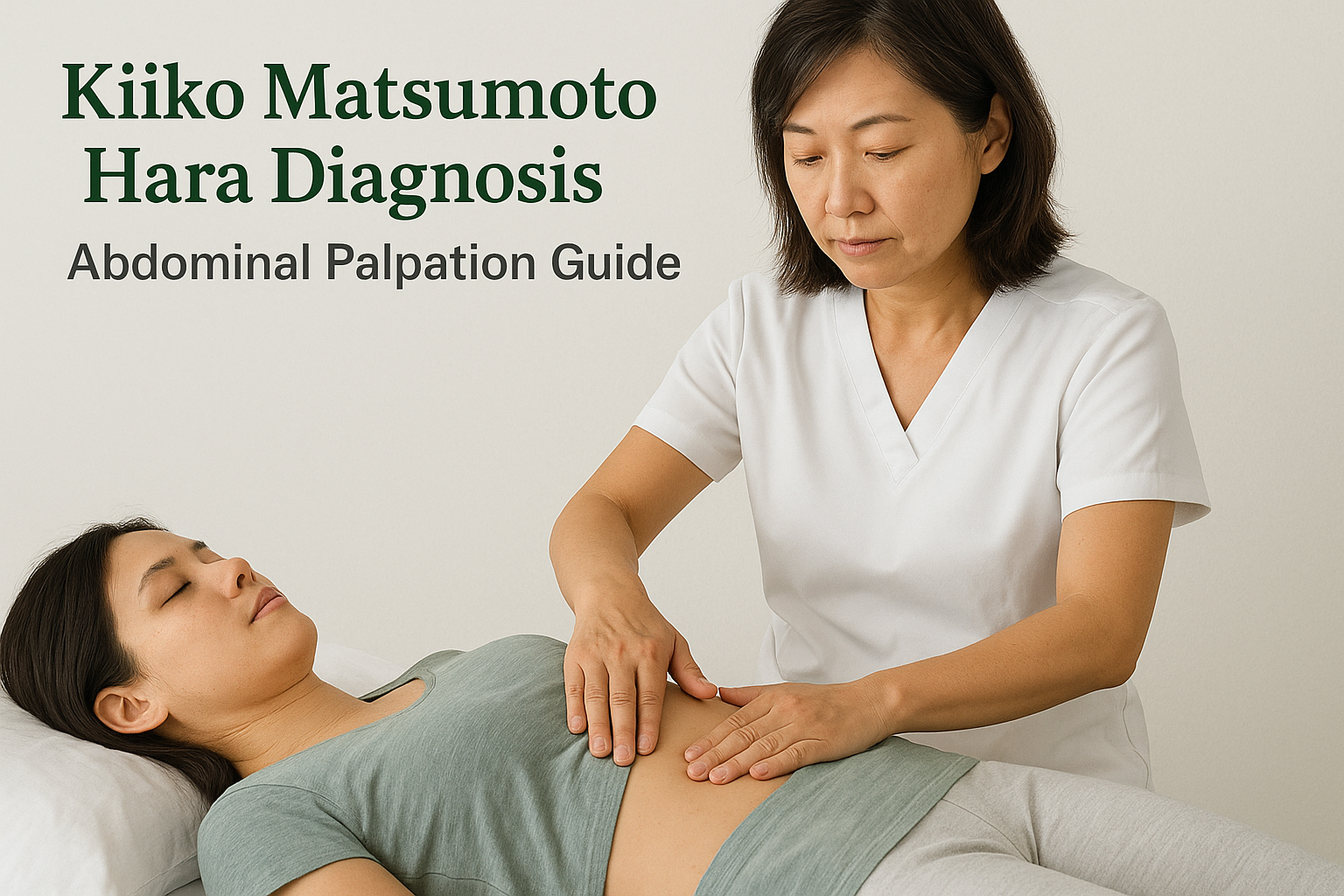I often have people ask me about weight loss. The first thing that seems to disappoint people is following fact:
There is no magic pill that provides instant weight loss!
Well, doesn’t that just suck? In fact, most of the recommendations I have for weight loss are of a self-help nature which puts the burden of following through squarely on the shoulders of the individual. My part comes in determining whether or not an internal imbalance exists that is a contributing factor to weight gain and moderating that imbalance with bodywork and nutritional therapy. That… I can do.
Otherwise, there are some simple key factors in maintaining an ideal body weight. The first, is so simple it will blow your mind.
Chew your food!
Chewing your food well helps your body create the necessary enzymes to begin the digestive process. The less your organs have to struggle with the digestive process, the more benefit for you. Eating in a rush is something everybody does in our fast paced society. It is worth the time to take a few extra minutes to perform this vital step. It is the first self-help step in keeping off the pounds.
Our Salivary Glands are able to produce 1 to 2 liters of saliva every day. Saliva consists mainly of water, a mucousal antibacterial broker and digestive support enzyme, the main functions of which are:
1. Helps dissolve dry food making it easier to chew.
2. Lubrication, that makes food slide easily through esophagus.
3. Hygiene. Saliva helps decrease bacteria population, then it keeps mouth clean and helps alleviate bad breath.
The digestive process begins in mouth when we chew and swallow. Once we swallow chemical breakdown occurs in the stomach and is completed in the small intestine. Digestion becomes involuntary and proceeds under the control of the nerves.
Food stays in our stomach a period of time but not all food has the same reaction with gastric juices. Certain foods, meat for example, require more time to be liquefied by gastric juices. These foods must be chewed longer in order to become fully digested and the nutrients absorbed through the intestinal walls.
By eating fast and not chewing enough what you are doing is:
Forcing your stomach and intestines to work harder and prolonging the time required to digest food.
Encouraging constipation.
Decreasing enzymes crucial for proper digestion and absorption of nutrients.
Contributing to digestive discomfort (burping, bloating, and flatulence).
By slowing to take the time to chew your food you are:
Starting a good chemical process that separates good substances from toxic ones by mixing salivary enzymes with food.
Fullness feeling is achieved faster, therefore this can be beneficial to you if you want fitness.
You will enjoy the taste of one of the pleasures of life.
So… how much do we chew our food?
The average recommended many years ago was 32 times. That’s still a good general rule. When it comes to meat, it shouldn’t be less than that. If you don’t want to count, chew until your food has sufficient texture to swallow easily.
We must slow down and eat purposefully keeping in mind that eating is a process and we must perform the first step in a proper manner. During subsequent processes the digestive system will autonomously absorb nutrients to provide the energy that our body needs.
Slow down! Experience each meal. Use all of your senses to be delighted by food. Allow your eyes to absorb the cornucopia of colors from a bowl of fresh fruits or vegetables. Inhale the fabulous aroma of an exquisitely prepared sauce. Bask in the sweet flavor of a favorite dessert and exhalt the sounds your teeth make as they masterfully masticate your most delectible desire.
Chewing helps… Makes You Feel Full Faster
When you take the time to properly chew your food, you will eat slower, and far less, but still feel full after your meal. Eating slower gives your brain time to register that you are eating, and therefore it is able to send a signal that you are full when you have eaten enough. You usually have to be about 20 minutes into the meal before your brain is able to send this signal.
Chewing Helps… Absorb Nutrients
Digestion begins in the mouth as soon as the food is exposed to saliva. The longer you chew your foods, the more the food will be exposed to saliva, and as a result more nutrients will be absorbed. This is especially true for nuts and seeds as well as fruits and vegetables, as they contain hard cellulose fibers which cannot be broken down anywhere but in the mouth. This is why when you eat nuts, corn or other vegetables they just seem to pass through your system if they are not properly chewed.
When your body is able to absorb all the nutrients from the foods that you eat you will have higher energy levels. On top of that, no energy will be wasted on eliminating foods that the body cannot digest or break down. (Sleepiness after meals)
Chewing Helps… Prevent Heartburn
Properly chewing your food helps to make it easier on the esophagus, as well as your digestive system because you will eat less at each meal. It prevents you from swallowing air along with your food, which can also contribute to sensations that resemble heartburn. Chewing properly promotes the secretion of saliva which naturally helps to neutralize stomach acid and prevent heartburn.
Chewing Helps… Digestion
 Carbohydrates are mainly digested in the mouth by the alpha amylase enzyme that is found in saliva. The digestion of fat is also started in the mouth by the lingual lipase enzymes, which are produced by the salivary glands located underneath the tongue.
Carbohydrates are mainly digested in the mouth by the alpha amylase enzyme that is found in saliva. The digestion of fat is also started in the mouth by the lingual lipase enzymes, which are produced by the salivary glands located underneath the tongue.
Food that is not properly chewed is not exposed to these enzymes properly, but instead is passed along into the colon in chunks where it feeds harmful bacteria. This can result in gas, bloating, abdominal cramping, constipation and other symptoms of irritable bowel syndrome.
Chewing Helps… Promote Good Oral Hygiene
The saliva that is produced by the extra chewing helps to kill harmful bacteria, and washes away food particles from around your teeth. Additionally, saliva contains hydrogen carbonate which helps to neutralize plaque buildup which can cause bad breath.






